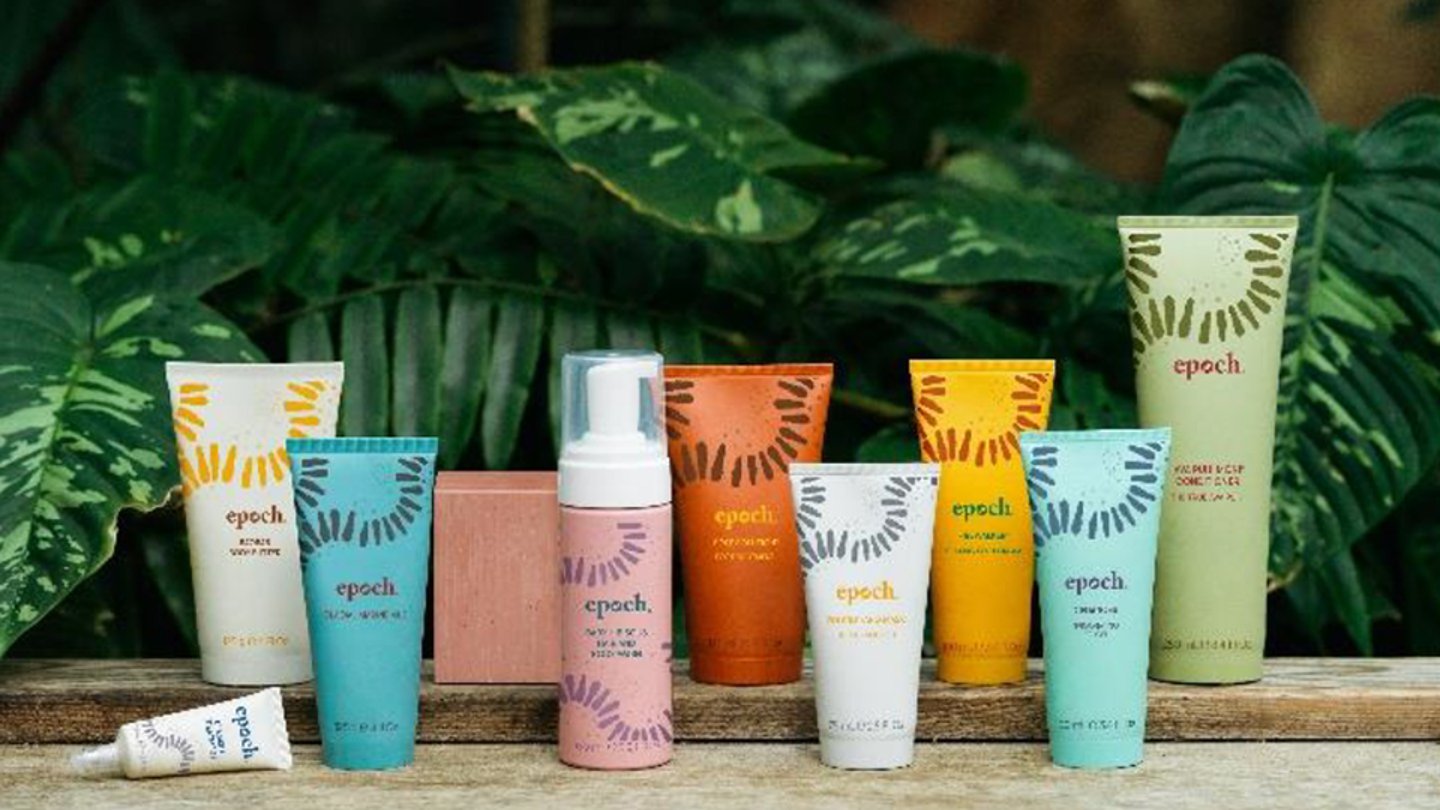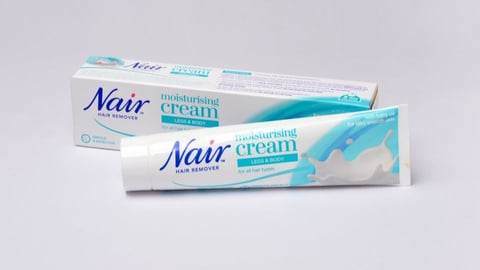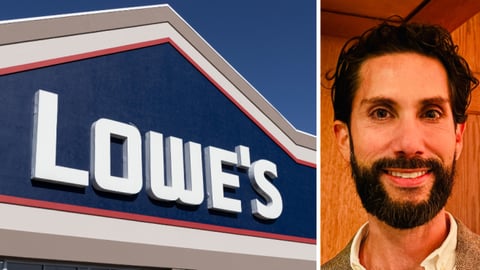Nu Skin Finds Natural Fit In Soaring Social Commerce Demand
As social commerce becomes more than just a discovery channel for the CPG industry, Nu Skin is investing in its digital commerce capabilities for more profitable consumer engagement.
The beauty and wellness company, which primarily operates via a direct-sales model but also sells direct-to-consumer from its website, was founded in Utah in 1984 but conducted the bulk of its business in Asia until the last several years. The company has since worked to strengthen its business in the Americas and Europe, and with consumer behavior shifting away from traditional retail channels, Nu Skin found a natural fit with social commerce given its foundation in affiliate and influencer marketing, Ryan Napierski, Nu Skin CEO, tells CGT.
“Consumers really want to buy where they exist, and, as we know, millennials and Gen Z-ers are spending significantly more amount of time on social media,” he notes. “So the closer we can connect with customers directly through social mediums, the better, which is really the definition of social commerce — bringing together social platforms with e-commerce platforms.”
[See also: Social Commerce Pioneers: How Estee Lauder’s Riding Beauty’s ‘Renaissance’]
Even as retail adjusts to new COVID and post-COVID behaviors, consumers remain in the social realm for discovery, said Napierski, and are staying for purchases as well. “We think the demographic demands probably will ensure that social commerce continues to grow pretty materially.”
Indeed, 51% of Gen Z consumers frequently or sometimes purchase everyday items through social media, according to 2022 research from the Path to Purchase Institute. What’s more, 64% say they’re frequently or sometimes influenced by brands or retailers to buy items they’ve seen on social media.
The beauty category also has higher rates of Gen Z-ers shopping online in general when compared with food and beverage, household, personal care items, and pet care supplies.
[See also: How Cuisinart and Spread the Love Leverage First-Party Data in the DTC Revolution]
Within social commerce, more beauty and wellness companies are moving closer toward a DTC model, says Napierski, but rising acquisition costs continue to present a challenge thanks to shifting ad algorithms and increasing privacy regulations affecting an ability to target consumers effectively.
“Now companies and brands are looking for ways to promote their products more authentically or more effectively to end consumers,” he says. “That's where we see this affiliate marketing model going.” This includes with influencers and micro influencers, as more companies transact directly or through leads via social media or via social medium onto e-commerce platforms.
To further unlock the opportunities in social commerce, Nu Skin has partnered with Infosys to modernize its infrastructure and leverage Infosys’ Equinox digital commerce platform, which has a microservices-based, API-first and cloud-native design. By doing so, the beauty company expects to increase its personalization capabilities across websites, mobile apps, and other smart devices.
Up until now, cloud technology has been about increasing the company’s scale and reach, says Napierski, but moving forward leveraging the data insights from this partnership will focus on immersing the company in the customer experience across touchpoints.






